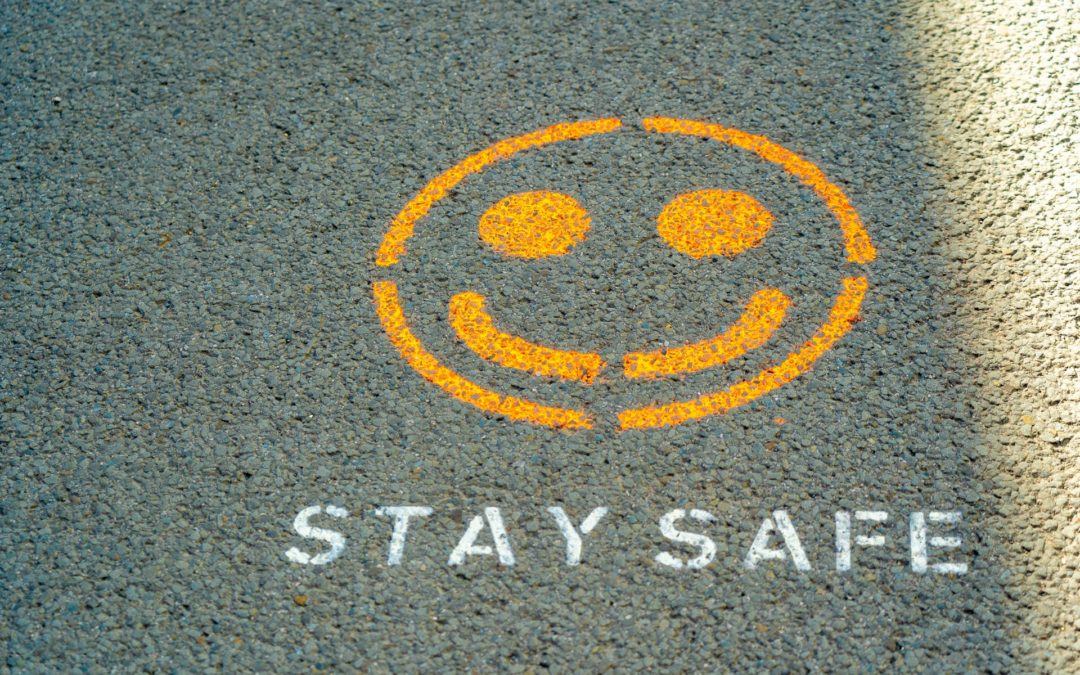At first it was hard to grasp…the news started flowing in on every means of media and life as we knew it changed drastically in March, 2020. Everyone was scrambling to get cleaning supplies, and toilet paper became such a hot commodity that the famous Seinfeld TV show phrase “Can You Spare a Square?”, became a real life drama. We turned to the media to seek knowledge, log data, hear death tolls and stay informed to protect ourselves. Everything shut down, kids came home from college, and jobs were lost. Stimulus checks and sustainability of businesses became the topic of survival.
There was a divide between those families who found peace, joy and embraced this family time together, and those whose already strained relational issues wreaked havoc on marriages, along with reparenting now adult children. Many struggled with differences in their family’s fear tolerance and the best process for cleaning store bought items. Some resorted to micromanaging the behaviors of adult children who were still working and posed a risk to loved ones quarantining at home. Terms like social distancing, 6 feet apart, self-quarantining, non-essential businesses and flatten the curve became new vocabulary in every household.
As a therapist, it was evident that individuals who had negative core beliefs from childhood around safety struggled significantly with increased anxiety. Those who stayed glued to the news and phones only added increased stress to their already anxious minds. Differing opinions and theories started surfacing regarding whether face masks worked and the socially acceptable line became “are you a mask wearer or not.” The initial strike appeared to be over despite reports that if we reopened too soon, there would be another wave of illness. Businesses started to get some relief, although for so many, making ends meet on a limited basis was not sustainable long term.
Now we’re facing the fact that businesses are starting to close again as the increase in positive COVID-19 tests are documented. What started out as a short term crisis that many could rally around, has turned into now a more chronic situation. The long term effects of this virus are yet to be determined. However, one thing is for sure…mental health needs are rising and emotions are peaking as people continue to be inundated with more restrictions, rules, and political divide.
5 Tips For Managing Anxiety:
- Identify a place or activity that brings calm and peace to you and carve out time every day to embrace this
- Start every day with 3 gratitudes and end your day thinking about what you are grateful for as well as what the “wins” were for the day.
- Breathe – find ways to calm your parasympathetic nervous system via deep breathing, relaxation, visualization, meditation, or yoga.
- Turn off the news. Find a valid source for daily news so you can stay informed, but stop, I repeat…stop staying glued to the news which perpetuates fear.
- Be kind to yourself! Acknowledge your need for self care, and the need to separate from family, friends, and stimulation. Finally, give yourself permission to set some boundaries and ask for what you need.
For anxiety counseling in Sacramento visit: Authentic Gains


